Aromatic African coffee| Kenya's coffee culture and historical production area
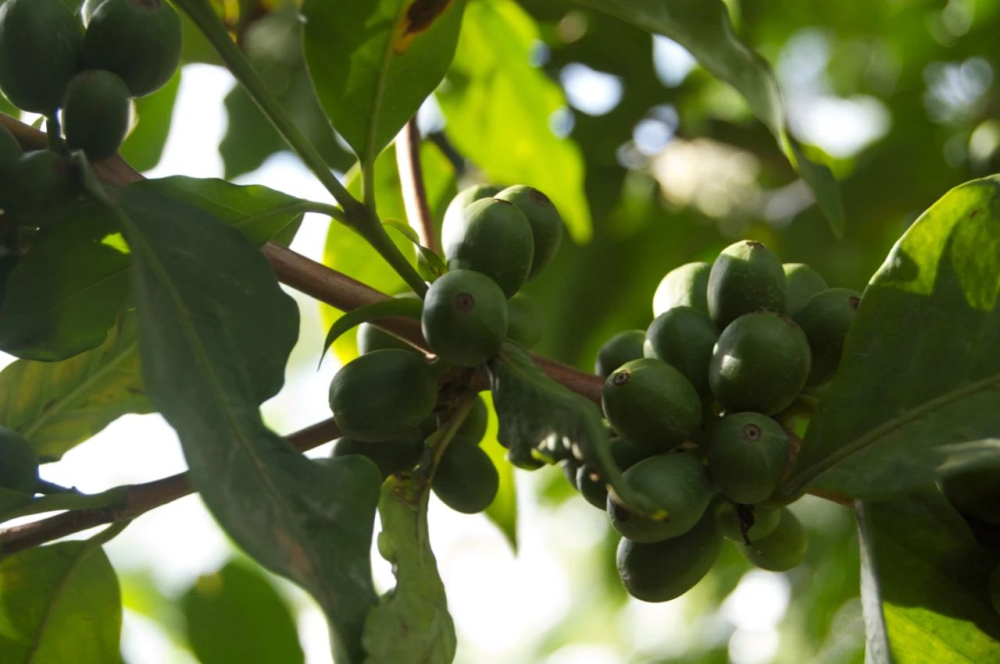
Although adjacent to Ethiopia, the birthplace of coffee, Kenya's coffee industry developed relatively late, and coffee was not commercialized in Kenya until the early 1900s. In just a few decades, Kenyan coffee has developed into one of the representatives of fine coffee in the world.
General situation of coffee cultivation in Kenya
Kenya is located in eastern Africa, the equator runs through the central part of the country, and the Great Rift Valley stretches north and south. It is bordered by Somalia to the east, Tanzania to the south, Uganda to the west, Ethiopia and Sudan to the north, and the Indian Ocean to the southeast. There are many plateaus in the territory, with an average elevation of 1500 meters.
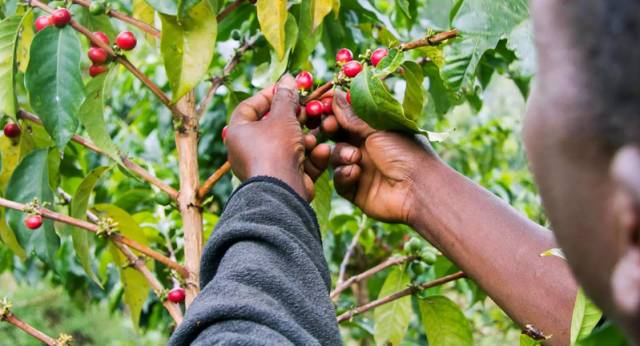
Tropical Kenya has two concentrated rainy seasons every year, thus creating two harvest seasons. Coffee is mainly grown in volcanic areas around 1600-2100 meters above sea level from the capital Nairobi (Nairobi) to the mountains of Kenya. This height is suitable for the development of coffee bean flavor, because the mountain temperature is lower, the growth is slow, the aroma components of coffee beans have been fully developed, the sour taste is more obvious, and the texture is harder. This fertile moonbend-shaped coffee area is the main producer of Kenyan boutique beans.
French missionaries transported bourbon coffee seeds from Bourbon (now known as Reunion) to the coast of Kenya in the late 1800s. According to the front street review, John John Paterson introduced the plant to Kenya in 1893 on behalf of the Scottish mission. The coffee was first introduced to Kenya's fertile Kiambu-Kikuyu region in 1896. By 1912, the area had hundreds of acres of plantations, mainly bourbon and Kent varieties. Local farmers in Kenya acquired long-term expertise after independence in 1963, which led to today's high standards of coffee quality. Currently, more than 50% of Kenyan coffee is produced by small farmers.
Kenya attaches great importance to the cultivation of coffee varieties, professional team found that SL28 is a direct branch of bourbon coffee beans, is the best representative of the quality and flavor of Kenyan coffee. Kenya is located in East Africa, bordering the ancient coffee country Ethiopia, is a world-famous coffee producer, and the status is extremely important, its coffee has always been famous for its high quality. Unrestrained acidity and heavy aromas of fruit, such as blackcurrant and grapefruit, constitute the rough ripening characteristics of Kenyan coffee.
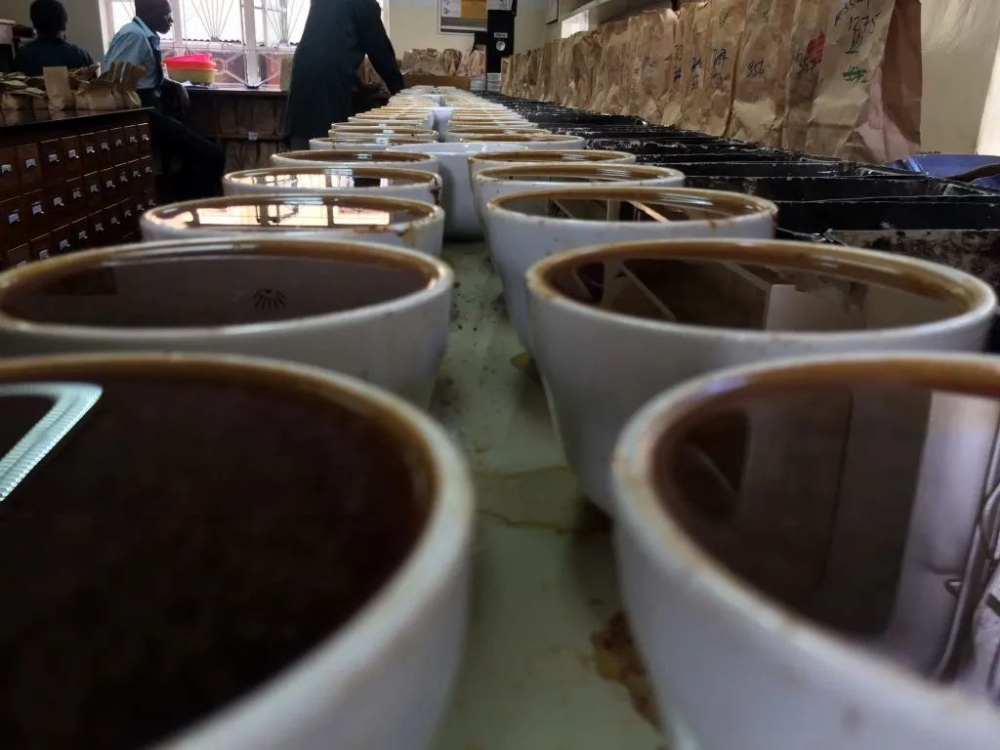
Kenyan coffee producing area
Kenya's location along the equator provides a unique climate suitable for growing coffee. The deep and fertile volcanic soil and well-drained soil at high elevations are particularly suitable for Arabica varieties, and the acidic soil gives the coffee produced here a bright and sour taste of high-quality fruit. Most coffee in Kenya grows between 1400 and 2000 meters above sea level, with temperatures between 15 and 24 degrees Celsius, and grows in deep, well-drained red volcanic soil.
Coffee cultivation in Kenya is concentrated in six producing areas, including: Thika, Kirinyaga, and the western side of Mount Kenya (Mt. Kenya West, Nyeri, Kiambu, Muranga. 60% of the output comes from Sika, Nieri, Kirin Yajia, Mulanga and Qianbu in the central region. There is fertile volcanic soil, just the right sun and rainfall, so that the coffee fruit can fully absorb nutrients to develop a full fruit flavor.
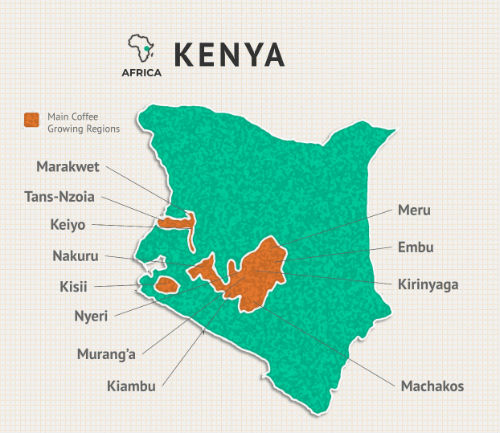
SL28 and SL34
These are the two most representative high-quality coffee varieties in Kenya, conquering the world with its bright acidity and elegant black plum and blackcurrant flavors. SL refers to the Scott laboratory in Kenya Scott Laboratories,20 in the 1930s, a large number of coffee berry disease broke out in Kenyan coffee trees, so Scott laboratory was entrusted by the government to cultivate new disease-resistant varieties. Among the research and development achievements, No. 28 and No. 34 have strong disease resistance and outstanding flavor. So farmers began to plant a wide range of two varieties.
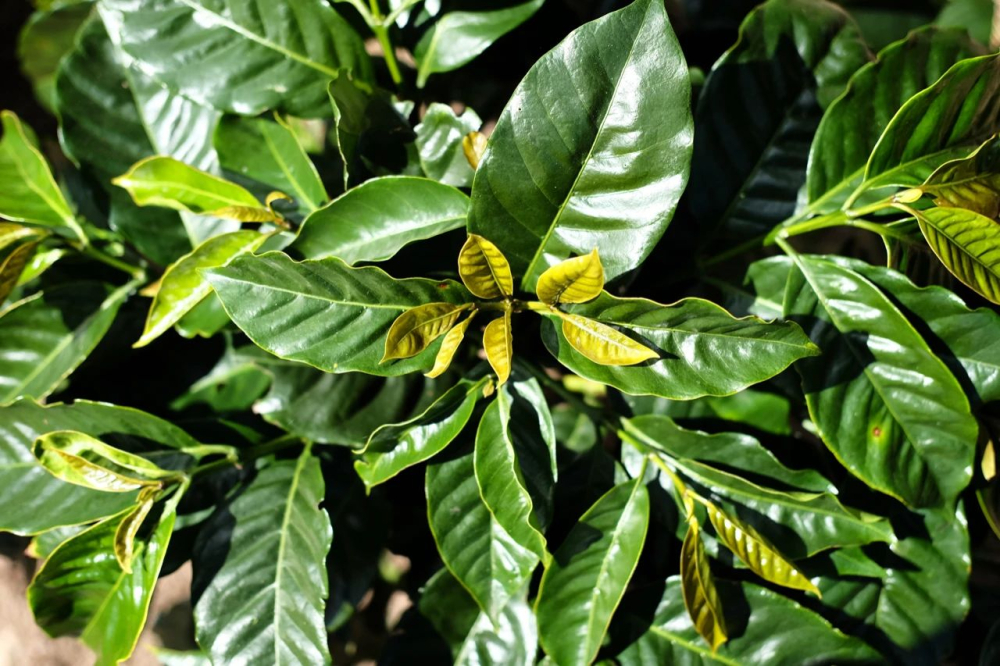
SL28, as a drought-resistant variety, shows a wine-like high acidity, with rich sticky taste and deep fruity aroma. SL34, on the other hand, has French missionaries, bourbon and more Tibica blood. Copper leaf color and broad bean-shaped beans have a great sense of sweetness, balance and complex flavor, as well as remarkable citrus and black plum characteristics.
Kenyan coffee flavor
Kenyan coffee is famous for its distinctive and complex berry and fruit flavors, with solid acidity and sweet juice that linger after drinking. BlackBerry garlic in addition to Kenya's local soil contains phosphoric acid, but also because of Kenya's most famous K72 washing method.
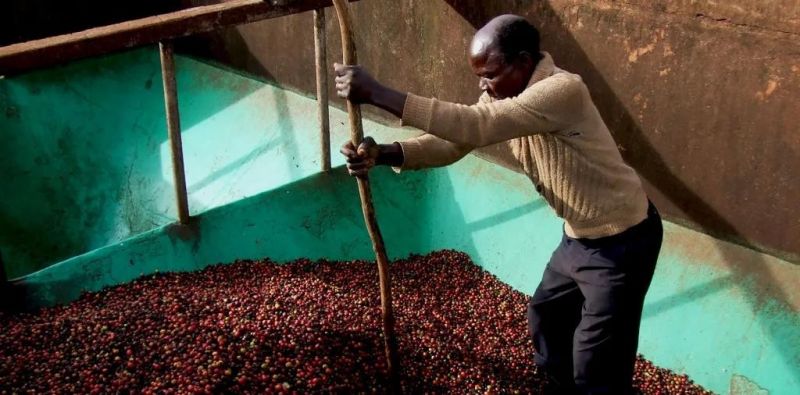
Kenya adopts the cycle repeated treatment method of washing after fermentation, which is made after the same day of harvest. The best quality coffee berries are selected for peeling and fermentation. The fermentation time is 24 hours, and clean river water is used after 24 hours. Then, it is fermented again with clean river water for 24 hours, then washed, and after 3 cycles, it reaches 72 hours, so it is called Kenyan 72-hour fermentation water washing method.
The self-baked Kenyan Asaria coffee beans on Qianjie Street are washed with K72 hours, selected from the local high-quality SL28 and SL34 varieties, as well as the highest local AA grade. If you are curious about the taste of Kenyan coffee, you might as well try it.

The suggestion of cooking in Qianjie
Powder / water ratio: 1:15
Coffee powder: 15g
Total water injection: 225ml
Water temperature: 90 ℃ ~ 91 ℃
Grinding degree: fine sugar thickness | EK43s scale 10 (standard screen pass rate of No. 20 is 80%)
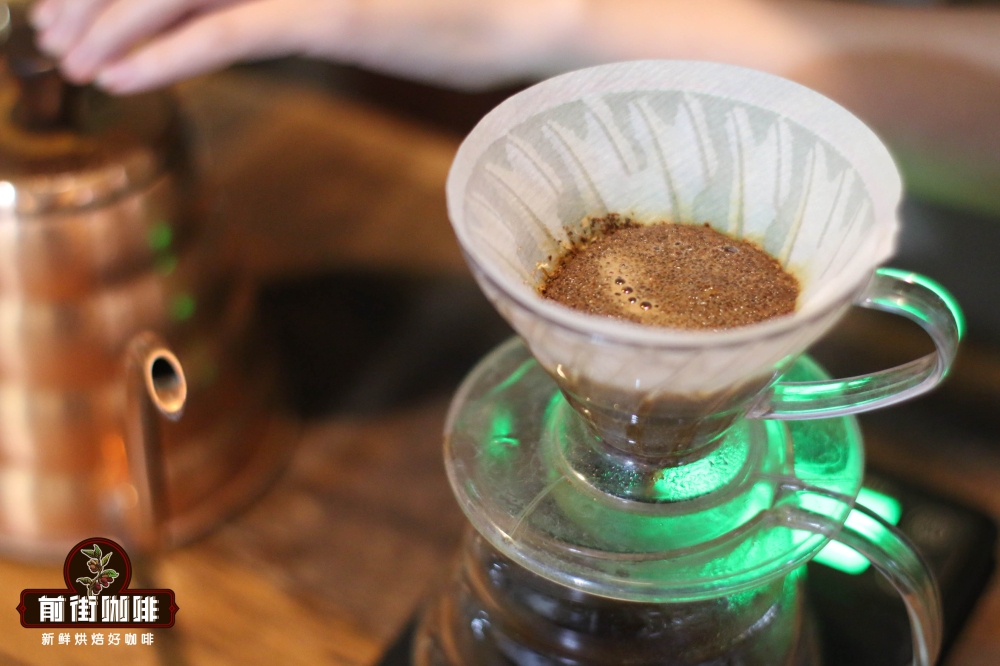
The barista in front street will match the three-stage extraction, grind the coffee and pour it into the filter paper, steam 30g from the center for 30 seconds, pay attention to the smooth circle of the small flow from the inside to the outside, inject 95g water into the second stage, and then pour 100g into the third stage when the coffee is almost finished. take the filter cup until all the coffee has been filtered. The time is about 2 minutes, with an error of about 10 seconds.
Cooking flavor: the mouth has the flavor of black plum and virgin fruit, with strong sour and thick taste, prominent sweetness in the middle, black Brin-like juice, sweet aftertaste of berries and yellow sugar, accompanied by a hint of tea.
Professional coffee knowledge exchange more coffee bean information please follow the coffee workshop (Wechat official account cafe_style)
For more boutique coffee beans, please add private Qianjie coffee on Wechat. WeChat account: qjcoffeex
Important Notice :
前街咖啡 FrontStreet Coffee has moved to new addredd:
FrontStreet Coffee Address: 315,Donghua East Road,GuangZhou
Tel:020 38364473
- Prev

The beauty is more mellow than coffee. The origin of classic coffee.
Elegant tea and coffee is a modern and fashionable way of life, through sour, sweet, bitter, astringent taste experience, wash the mind to return to different sensory enjoyment. Each caffeine variety has its own strong or gentle character, such as the masculine Mantenin, which resembles the character of an iron and steel man, and the mellow and fragrant Blue Mountain Coffee, which is the most gentle.
- Next
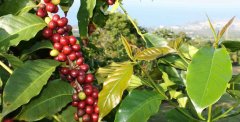
The Gift of Heaven-- Coffee Culture in Hawaii
Located south of the Tropic of Cancer and spanning latitudes of 19 to 22 degrees, the Hawaiian Islands are unique coffee-growing areas. Hawaii is the 50th state in the United States, 2400 miles from the west coast of the United States, and is the only state in the United States that produces coffee. The coffee produced in Hawaii is famous all over the world and is regarded as one of the best in the world. Hawaii has volcanic soil and tropical climate, suitable humidity,
Related
- How did the Salvadoran coffee industry develop in Central America?
- What exactly does the golden cup extraction of coffee mean?
- The Origin of Coffee flower
- [2023 Starbucks World Earth Day] there are more meaningful things besides free Starbucks coffee!
- What kind of coffee is there in Spain? 9 Flavors of Spanish Coffee
- Aromatic African coffee| Kenya's coffee culture and historical production area
- Liberica Coffee Bean knowledge: the characteristics of Liberian Coffee beans of the three original species of Coffee beans
- The origin and formula of Spanish latte introduces the taste characteristics of Bombon coffee in Valencia, Spain.
- How to adjust the solution of over-extracted coffee
- What is the tasting period of coffee beans? What is the period of coffee and beans? How should coffee wake up and raise beans?

